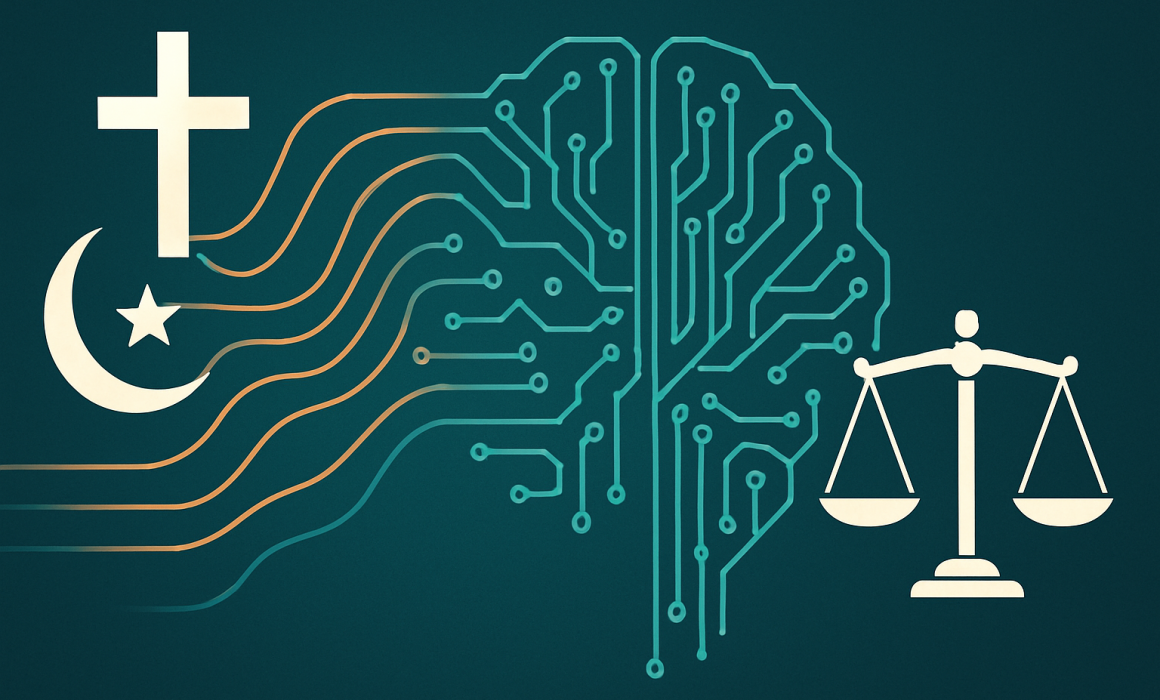Resources at the Intersection of AI, Theology, and Ethics
Key Thinkers & Writers
This is a curated list of thinkers, writings, and institutions that reflect a deeper, spiritually serious approach to AI ethics, grounded not in spectacle or fear, but in wisdom, moral imagination, and theological insight.
1. David W. Kim – Center for Theology and the Future of AI
An emerging voice in theological reflection on AI. Emphasizes grace and humility in the face of machine intelligence. I had the pleasure of attending his talk in NYC on this topic, and we had a fascinating conversation afterwards. He holds an amazingly optimistic and helpful view for the uses of AI in our spiritual pursuits.
2. Shannon Vallor – Technology and the Virtues
Draws from virtue ethics to reframe technology through moral character. Not explicitly theological, but deeply resonant with moral philosophy.
3. Paul Kingsnorth – The Machine Stops (Substack)
Poet and convert to Orthodoxy. Explores embodiment, spiritual alienation, and resistance to technocracy. Not AI-specific, but powerfully relevant.
4. John Dyer – People of the Screen
A theologian and software developer. Writes on how digital tools rewire spiritual life and imagination.
5. Brent Waters – Christian Moral Theology in the Emerging Technoculture
Engages the theological implications of emerging technologies. Reformed perspective, serious engagement with personhood and power.
Articles & Essays
“The Ethics of AI and the End of Humanity” – Ted Peters (CTNS)
Critiques transhumanist eschatology. Frames AI risk in theological, not speculative, terms.
“Theologians on AI” – Theology and Technology Reading Group
A scattered but sincere collection of short reflections by Christian theologians. Often bridges philosophy and doctrine.
“The Spiritual Danger of AI” – Jaron Lanier (Wired)
Despite his eccentricity, Lanier occasionally strikes gold. This short piece warns against idolatry masquerading as intelligence.
Conferences & Institutions
AI and Faith
Seattle-based group connecting faith leaders and technologists. Somewhat optimistic in tone, but open to critical voices.
Center for Theological Inquiry (Princeton)Has run major projects on AI and human identity. Academic but open to public engagement.
Mockingbird Conference
I have been involved with Mockingbird for years, and besides contributing writing to their site , I have been to many of their conferences. They consistently engage speakers who have written extensively on digital society, such as Meghan O’Gieblyn, and in 2025, Tara Isabella Burton. They host theologically literate, culturally engaged talks. David Kim’s contribution on AI points toward a fruitful new frontier.

